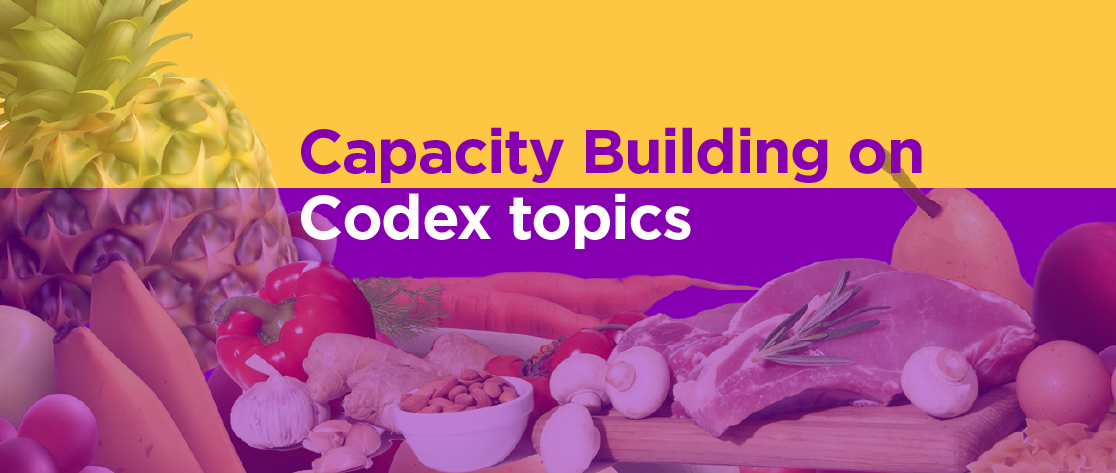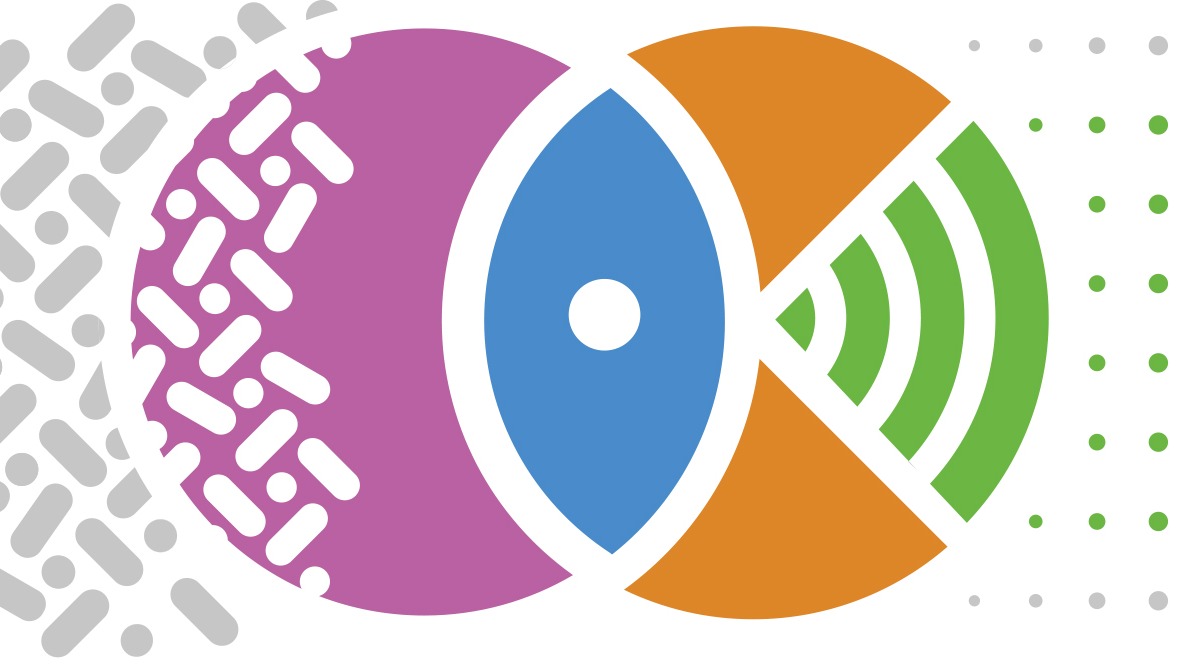Webinar series for capacity building on Codex topics of interest for the Latin American and the Caribbean region
Virtual Event, 23/10/2025

Webinars
.jpg?sfvrsn=716d7af2_1)
Webinar Series: Capacity Building on Codex Topics of Interest for Latin America and the Caribbean.
Explore the importance of Codex Alimentarius standards for strengthening agrifood systems in support of food safety and food trade.
-(1).jpg?sfvrsn=1820882b_1)
Webinars on Antimicrobial Resistance (AMR) Management in Agrifood Systems.
A training cycle to support the implementation of AMR surveillance programmes, covering biological, technical-scientific and epidemiological principles to mitigate AMR under the One Health approach.

Second Global Call for AMR Data in Animals and Food for the InFARM System.
A special session providing an in-depth explanation of how the InFARM System works, aimed at guiding countries interested in joining the 2025 data call.
Background
The accelerated growth of the global population, the increasing demand for food and the consequent expansion of the food industry, together with global health risks, highlight the importance of food safety in national policies and in strengthening food safety systems.
Foodborne diseases have major impacts on public health. It is estimated that, worldwide, 600 million people (1 in 10) fall ill after eating contaminated food, and 420,000 people die every year from the same cause (FAO and WHO, 2019). These diseases are generally caused by bacteria, viruses, parasites, or chemical substances present in contaminated food or water (FAO and WHO, 2019).
In this context, the provision of safe food is essential to protect people’s health. Food only fulfills its function if it is safe; If it isn't safe, it isn't food. Food safety also contributes to food security and better nutrition, and it constitutes a pillar for countries’ economic development and international trade.
International organizations are working to strengthen the application of food safety standards among all actors in the food chain, with the objective of protecting public health and ensuring fair trade.
With these objectives in mind, antimicrobial resistance (AMR) is recognized as a growing global threat to human, animal, and environmental health. It compromises food safety, food security, and the economic well-being of millions of farming households. This is why the transformation of agrifood systems plays a key role in preventing and managing AMR-related risks.
To strengthen the capacities of teams involved in AMR-related work, the FAO Regional Office for Latin America and the Caribbean, under the project “Actions to support the implementation of Codex texts on AMR (ACT),” offers a series of virtual seminars grouped into three sections, with the purpose of:
- Sharing and promoting the application of Codex Alimentarius standards to strengthen national food safety systems.
- Guiding efforts to implement surveillance and mitigation programs for antimicrobial resistance (AMR) under the One Health approach.
- Supporting the use and sharing of data in The International FAO Antimicrobial Resistance Monitoring System (InFARM).
These virtual seminars were delivered between 2022 and 2025 to the entire Latin America and the Caribbean region. Follow the links in the sidebar to access the contents of this training series.
Documents
InFARM System | Antimicrobial Resistance | Food and Agriculture Organization of the United Nations
Contact
Antimicrobial Resistance Coordinator
Communicator for the Regional Better Nutrition Priority
